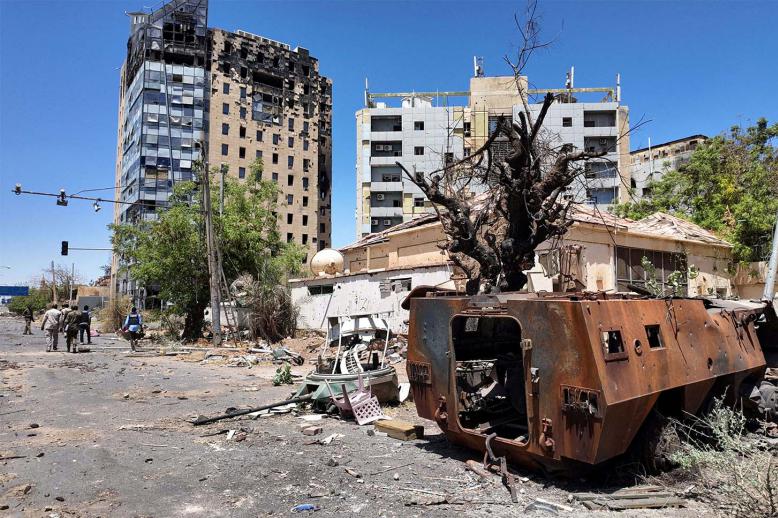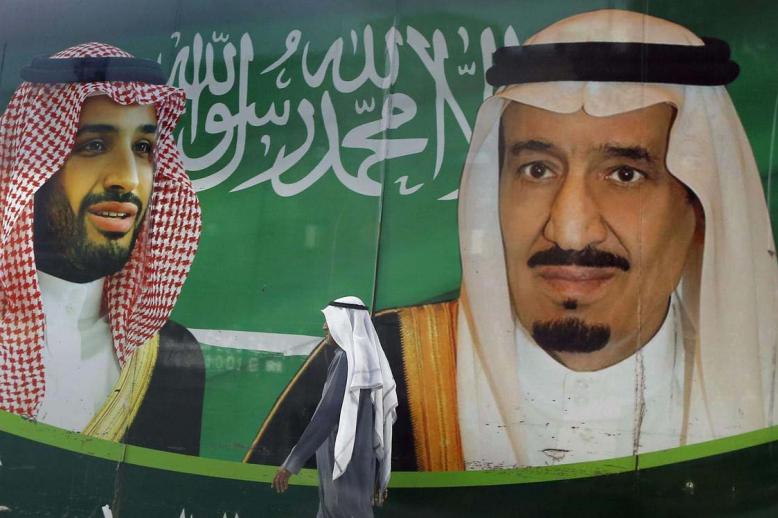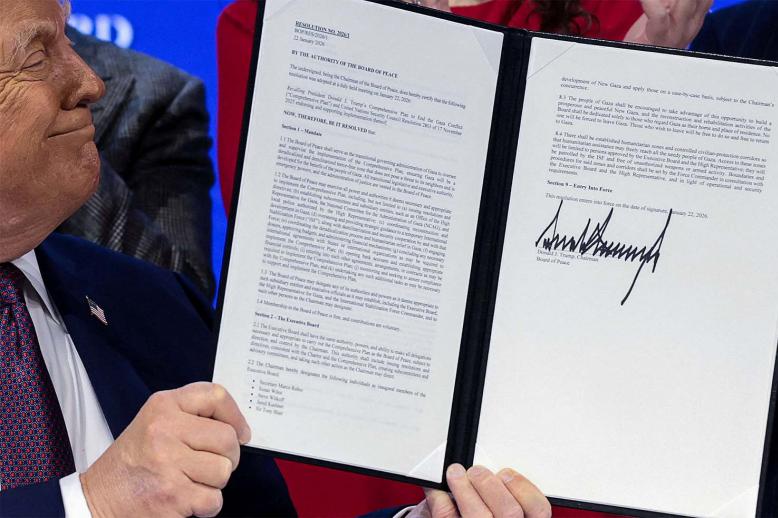US ramps up rhetoric on Iran but not military posture
US President Donald Trump seems to be pursuing contradictory policies vis-a-vis Iranian activities in Syria.
On the one hand, he and his team upped the rhetoric on Tehran and have stated that US military forces are going to stay in Syria until Iranian forces are withdrawn from the country. John Bolton, the US national security adviser, said: “We’re not going to leave as long as Iranian troops are outside Iranian borders and that includes Iranian proxies and militias.”
These comments came on the heels of Trump’s speech before the UN General Assembly in which he took a tough anti-Iran position. Not only did he praise his own decision to pull out of the Iran nuclear deal but he declared that “we cannot let a murderous regime continue these destabilising activities [in the region] while building dangerous missiles… It is time for the entire world to join us in demanding that Iran’s government end its pursuit of death and destruction.”
Trump also said the Iranian leaders fear the “vast military power of the United States” in addition to their own people, who want change.
In early November, Trump is to impose new sanctions on Tehran to include an oil embargo and penalties on companies doing business with Iran, with the aim of squeezing the Iranian economy.
However, the Trump administration also appears to be supporting a less militant approach. James Jeffrey, the new State Department point person on Syria, has suggested that US military forces might not be necessary to accomplish the goal of removing Iranian forces from Syria. He stated: “This is all about political pressure.” Whatever government is in Syria at the end of a political process, he went on to say, “would no longer feel the need to have Iranian forces there.”
More revealingly, Jeffrey added: “We’re not going to force the Iranians out of Syria.”
Perhaps indicative of this less militaristic approach is the US military posture in the Gulf that has been geared towards protecting the sea lanes and serving as a deterrent to Iran for many years. A recent report in the Wall Street Journal said the US military has been reducing its presence there, removing ships, planes and missiles.
For example, there has been no US aircraft carrier strike group in the Gulf since March and the Pentagon is pulling missile defence systems out of Kuwait and Bahrain in a realignment away from the region and towards China and Russia.
Nonetheless, the anti-Iran rhetoric continues. US Secretary of State Mike Pompeo announced that the United States was pulling out of an obscure 1955 treaty of amity and commerce with Iran. The move comes after an International Court of Justice ruling in a case brought by Iranian authorities, who argued that the treaty precludes the United States from prohibiting humanitarian aid and assistance to Iran.
Pompeo, in a briefing at the US State Department, said Iran was trying to interfere with the “sovereign rights of the United States to take lawful actions necessary to protect our national security.” He implied that the case before the International Court of Justice was bogus because the United States would continue licensing policies for humanitarian-related transactions with Iran.
What does this all mean?
In many respects, this assortment of policies regarding Iran reflects the contradictions in Trump’s foreign policy thinking. During the presidential campaign of 2016 he promised the American people he would avoid wars in the Middle East and referred to his opponent, Hillary Clinton, as being “trigger happy,” claiming she would be inclined to get the United States bogged down in another Middle Eastern quagmire, citing her vote in 2003 as a US senator for the war in Iraq.
At the same time, Trump denigrated the nuclear deal with Iran, promised to get out of it and claimed that he would not be naive as President Barack Obama had been in dealing with Tehran.
But toughness in rhetoric needs to be matched by a credible military position; otherwise, the United States looks like a paper tiger.
Hence, if Washington is signalling that it is not going to use force to change Iranian behaviour but will try to do so by economic and political means, that may not be enough to deter the hardliners in Tehran. Undoubtedly, the latter are watching the reduction in the US military presence in the Gulf and are analysing the contradictory statements between Bolton and Jeffrey.
Unless faced with a real possibility of an actual military confrontation, there is no compelling reason for Iran to leave Syria. And knowing that Trump is not interested in war, despite his occasional rhetorical bombasts Iran is likely to remain in Syria for quite some time.
Gregory Aftandilian is a lecturer at the Pardee School of Global Studies at Boston University and is a former U.S. State Department Middle East analyst.
This article was originally published in The Arab Weekly.







